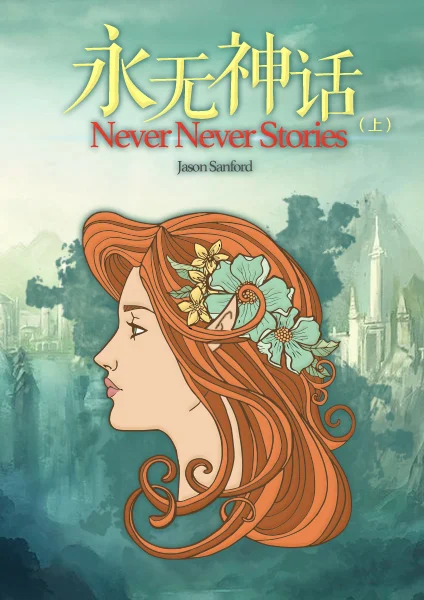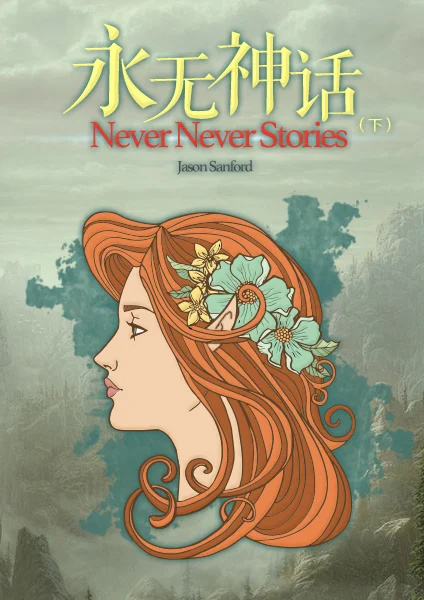I remember the moment my love of science fiction and fantasy became unacceptable. I was in ninth grade and checking out new SF books at my school’s library. The librarian was an old friend. While working years before at my elementary school she’d encouraged my love of genre fiction by pointing out new books to read.
But on this high school day, the librarian looked at my books and sniffed, “Aren’t you a little old to be reading that?”
Because naturally SF/F is only for kids. Because naturally new worlds and a sense of wonder and dreams of the future and things which will never be must stay within the realm of kids.
The librarian meant well, but so did generations of readers and critics and a general public who for decades looked down on SF/F as being “kids’ stuff.” That same attitude carried over to other storytelling formats which were also declared to be only for kids. Like comic books. And video games.
Woe be to any responsible adult who dared embrace anything genre.
Thankfully, this attitude has changed. Today mainstream literary authors like Michael Chabon and Junot Díaz regularly write and associate within the realms of SF/F, with Chabon winning the Nebula Award for his alternate-history novel The Yiddish Policemen's Union while Díaz’s The Brief Wondrous Life of Oscar Wao is essentially a love song to genre fandom. In addition, genre writers like Terry Pratchett and George R.R. Martin are world-famous celebrities while authors like Octavia E. Butler and Samuel R. Delany are embraced by the high-literary world which once disdained them.
An even bigger change has happened in the visual storytelling mediums, with SF/F and comic books inspiring films and video games and TV shows which rank among the highest grossing works of all time. In fact, it seems like genre works and adaptations support everything Hollywood and the other visual industries create these days, as opposed to decades ago when Hollywood executives feared the original Star Wars film would bomb with audiences who, the executives assumed, only wanted to see realistic movies.
But even though genre culture is ascendant, traces of the old attitudes remain, as witnessed by the reaction to the successful Deadpool film. In the run-up to the Golden Globes, in which Deadpool had been nominated as best Best Motion Picture - Musical or Comedy, I heard disdainful sniffs from a number of people that this superhero movie didn't deserve to be mentioned in the same breathe as La La Land.
Well la-dee-da to that attitude.
I wasn’t surprised by Deadpool’s record-breaking box office haul — the film had been on the radar of both myself and my teenage son over a year before it was released. Like millions of other people, my son and I ate up Deadpool’s not-safe-for-work trailers and previews, which showed that the film would remain true to the violent, wise-cracking Marvel Comics antihero we loved.
But on par Hollywood’s traditional lack of faith in ground-breaking genre works, 20th Century Fox and Marvel Entertainment refused to believe a comic book movie aimed solely at adults could succeed. As a result they forced the Deadpool film to be created for only $58 million, a tiny amount in blockbuster-obsessed Hollywood. But audiences had more faith, resulting inDeadpool becoming one of the most profitable movies of all time.
If there’s one thing Hollywood loves more than anything else it’s making money. So already the pundits and executives in Hollywood are saying Deadpool proves the world needs more adult-focused comic book adaptations. Which is both good and bad.
This is good because Deadpool’s success may finally put to death the lingering belief that genre works are only for kids. But it’s also bad because Deadpool’s success will cause Hollywood to misunderstand the reason audience loved the film in the first place.
The truth is that Deadpool is a labor of love, or as much a labor of love as any big budget Hollywood film can be. The film spent nearly 15 years in development hell, with different movie studios arguing about and backing out of adapting this beloved-but-not-for-kids comic book character to the big screen.
The only reason the film was eventually made is because star Ryan Reynolds and other people working on Deadpool believed in their film. They leaked test footage online to wide acclaim and viral view rates, which convinced the studio to greenlight the film. They personally promoted the film to the world through quirky trailers and YouTube videos which both poked fun at Hollywood and showcased how Reynolds was a natural to play Deadpool.
In short, their enthusiasm for what they created became infectious.
That’s the real reason Deadpool was successful — the people who created it were excited and determined to tell a specific story which resonated with fans. Deadpool’s success as the highest grossing adult-oriented film of all time is almost an afterthought to the enthusiasm which birthed the film in the first place.
Unfortunately, Hollywood now believes that extreme comic-book violence and off-color jokes are the key to superhero box office success, so expect to see plenty of films along those lines in the next few years. And when most of these films bomb with audiences, Hollywood will probably again say that Deadpool was the exception which proved the rule that comic adaptations, and by extension all of genre culture, is mainly for kids.
But that’s nonsense. The stories which truly resonate with people are stories created with a sense of passion. When an author or artist or director or actor or any creative person throws themself into something with an all-driving passion, people notice. And if the stories they create turn out to be good, it doesn’t matter what genre or medium the stories exist within.
It only matters that people react to a story's passion with their own passion.
I’m glad our culture has moved beyond its once idiotic dismissal of all thing genre. Now any story which is created with passion can be enjoyed — with passion — by anyone.
But don’t expect corporate Hollywood to ever understand the passion which leads people to create great stories in the first place



